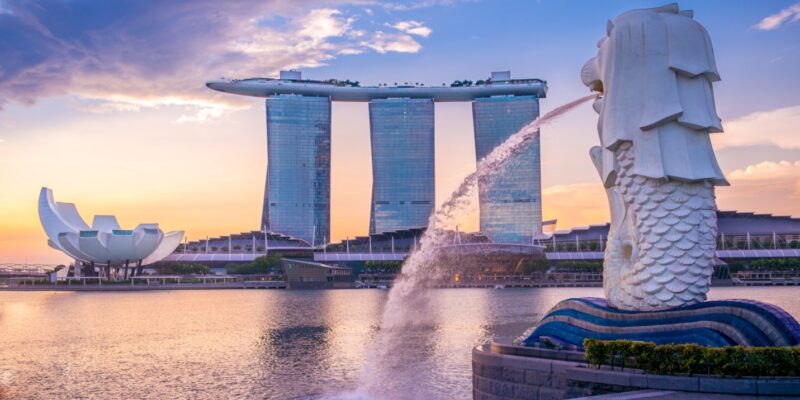Legal basis
The legal basis for compulsory licenses under Singapore patent law is the Patents Act under Chapter 221, Part XI, Section 55 (Patents Act).
As of January 1, 2020, Singapore changed its patent system and applications are now required to go through local substantive examination prior to issuance.
Requirements for obtaining a Compulsory License
According to Section 55 of the Patent Act, any interested person may apply to the High Court of the Republic of Singapore (Court) for the grant of a license under a patent if the grant of the license is necessary to remedy an anti-competitive practice. Under Section 55(2), the Court may determine that the grant of a license is necessary to remedy an anti-competitive practice if –
a. There is market for the patented invention in Singapore;
b. The market:
- Is not being supplied; or
- Is not being supplied on reasonable terms; and
- The court is of the view that the proprietor of the patent has no valid reason for failing to supply that market with the patented invention, whether directly or through a licensee, on reasonable terms.
Section 56 (and Sections 57-62) of the Patents Act allows the government and any party authorized in writing by the Government to practice a patented invention (1) for public non-commercial purposes, or (2) for or during a national emergency or other circumstances of extreme urgency, without liability for an infringement of the patent.
Procedure for Granting a Compulsory License
Under Section 55, in order for a compulsory license to be granted by the Court, it must be to remedy an anti-competitive practice. A license granted under Section 55 is not exclusive and cannot be assigned other than in connection with the business which the patented invention is being used. Any license granted may be terminated by the Court when the use in which the license was granted ceases to exist and its existence will not recur.
Appeal/Review
Any license granted is non-exclusive and will not be assigned except in connection with the goodwill of the business in which the patented invention is used. Additionally, any license may, on the filing of an application, be terminated by the Court where the Court is satisfied that the ground which the license was granted has ceased to exist and is unlikely to recur.
Jurisprudence
Singapore Courts and the Intellectual Property office of Singapore are involved in matters concerning the issuance of compulsory licenses. In order for a compulsory license to be granted by the Court it must be to remedy and anti-competitive practice and a license granted is not exclusive. To date, there is not any case law that provides guidance on the issuance of compulsory licenses.
Input by: Dr. Kian Hoe (Davies Collison Cave)
________________________
To make sure you do not miss out on regular updates from the Kluwer Patent Blog, please subscribe here.



